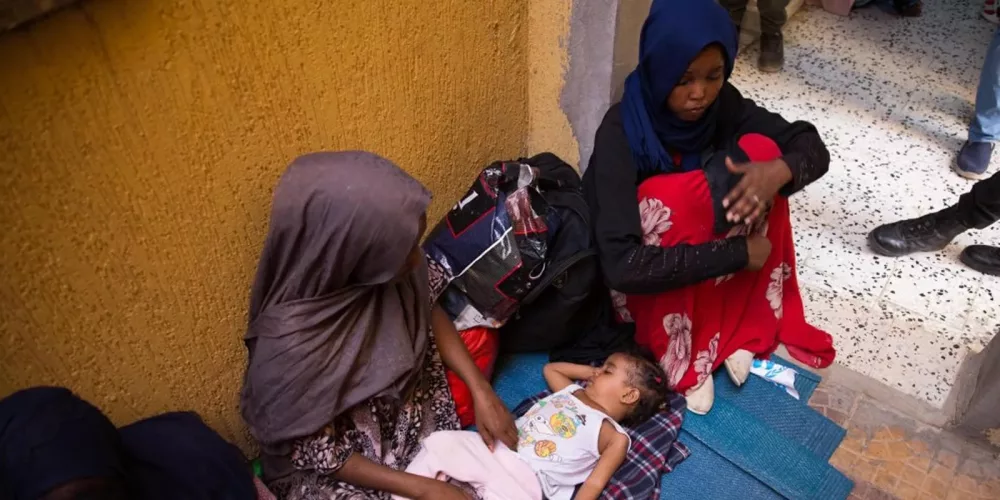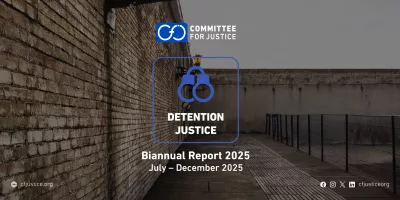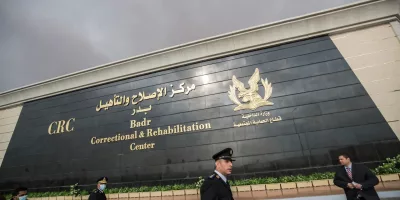The African Commission on Human and Peoples’ Rights welcomed Gambia’s signing of the African Union Convention on Ending Violence Against Women and Girls, on the sidelines of the 7th Mid-Year Coordination Meeting of the African Union held in Malabo, Equatorial Guinea, from July 10-13, 2025.
Gambia joined Angola, Burundi, the Democratic Republic of Congo, Djibouti, and Liberia in signing this Convention.
The African Convention was adopted by the Assembly of Heads of State and Government of the African Union during its 38th Ordinary Session in February 2025. This Convention represents the binding legal framework at the African continental level, focusing on eliminating all forms of violence against women and girls throughout the continent.
The Commission considered Gambia’s signing of this Convention a historic and important step that constitutes a pivotal moment in continental efforts to combat violence against women and girls, emphasizing that this Convention is the first legal instrument dedicated to this cause in both public and private spheres, making it a transformative framework for action.
The Commission pointed out that Gambia’s signing constitutes a strong signal of political will aimed at building a continent where the dignity, safety, and rights of all women and girls are fully protected, respected, and realized. However, the Commission noted that according to international law, signing the treaty is considered an important political signal but does not create binding legal obligations by itself, and that the full legal effect of the African Convention will only be achieved upon its ratification and transformation into domestic law. Therefore, the Commission urged the Government of Gambia to move promptly to ratify the Convention and take the necessary legislative and institutional measures to ensure its effective implementation.
The Commission also called on all Member States of the African Union to follow this excellent example to demonstrate a shared commitment to eliminating violence against women and girls through signing, ratifying, and implementing the Convention, in line with their human rights commitments, including the Maputo Protocol on Women’s Rights in Africa. The Commission emphasized that this time requires a unified and urgent response from all Member States to address structural inequality and power imbalances that sustain violence against women and girls.
The Commission also affirmed its full readiness to support Gambia and other Member States in the ratification and implementation processes, through providing technical guidance, facilitating constructive dialogue, and promoting best practices to ensure that commitments made at the continental level translate into real and transformative change in the daily lives of women and girls.






